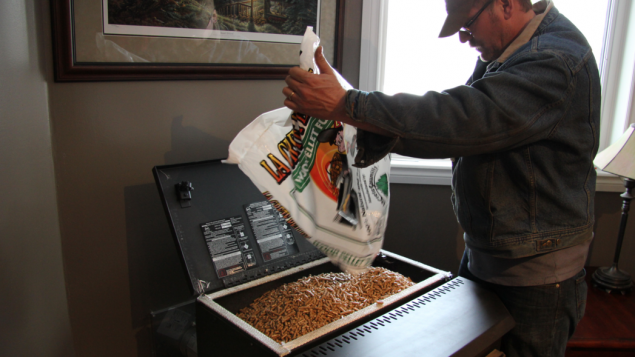The Canadian government will provide almost $8.4 million for nine clean energy projects for Indigenous communities in the western province of British Columbia. The goal is to help them build capacity and to reduce reliance on fossil fuel for heat and electricity.
Many rural and remote Indigenous communities in Canada rely on diesel and propane for their energy needs. Canada’s natural resources department is supporting bioenergy projects that use forest fibre which is sustainably managed and a renewable resource.

Many of Canada’s remote communities are powered by diesel. (iStock)
‘Indigenous Peoples …finding the low-emissions solutions’
The projects are funded through the department’s special program “to reduce (this) reliance on diesel by deploying and demonstrating renewable energy projects, encouraging energy efficiency and building local skills and capacity.”
As part of Canada’s bid to be a leader in clean power, it is investing $300 million over five years to give rural, remote and Indigenous communities that currently rely on fossil fuel the chance to be powered by clean energy by 2030.
“Indigenous Peoples are taking economic development in their own hands,” said Natural Resources Minister Seamus O’Regan. “They’re finding the low-emissions solutions to build the clean energy future we need. We’re working in partnership to get to net zero.”
Several Indigenous leaders signalled their appreciation of the dedicated funding.
“With the support of Natural Resources Canada, while embracing innovative technology, Kwadacha Nation is creating a briquette-making operation to produce affordable biomass fuel made from residual sawdust that is a byproduct of the chipping operation feeding our biomass-fueled combined heat and power system,” said Darryl McCook, Chief, Kwadacha First Nation. “The sawdust will be compressed into briquettes suitable for use in residential woodstoves. The funding from Natural Resources Canada’s Clean Energy for Rural and Remote Communities Program will help our community turn a large amount of wood waste from a potential fire-hazard into a valuable home heating resource and will provide economic development and employment opportunities for our members.“







For reasons beyond our control, and for an undetermined period of time, our comment section is now closed. However, our social networks remain open to your contributions.